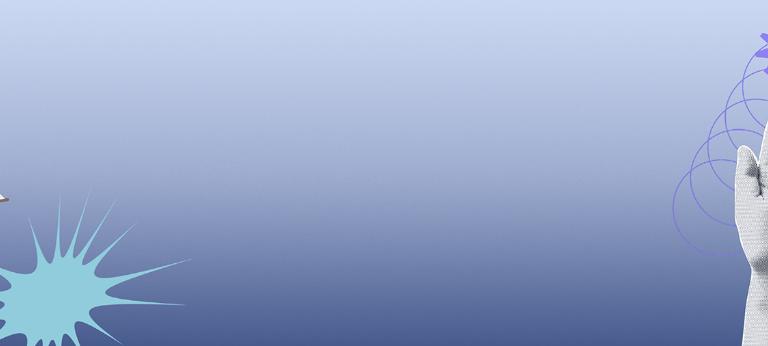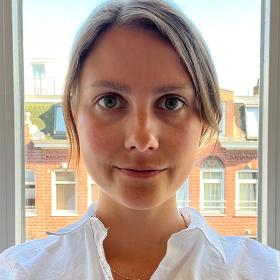

Nina, Consultant
Maths
"In consulting, I am able to learn very quickly through many different projects and with the support of talented and enthusiastic colleagues, and through these projects I get to know different industries and tasks. "
Which educational/academic background do you have?
A master's degree in mathematics with a focus on algebra and number theory.
Why did you decide to go into consulting?
When I decided on studying mathematics it was because I didn't know what exactly I wanted to do, afterwards and I enjoyed it in school. During my studies I didn't have the opportunity to get to know many industries, so I still didn't exactly know which areas were the most interesting to me. Also, I felt like my knowledge was very specific and not useful for anything other than science. That was when I realized that consulting could help me with both. Here, I am able to learn very quickly through many different projects and with the support of talented and enthusiastic colleagues, and through these projects I get to know different industries and tasks.
What is or has been the biggest challenge for you in consulting?
It was very challenging for me to understand and get to know the industry. In my personal surroundings there was no one working in consulting and no one could answer my questions. It all started with recruiting, where it was more difficult for me to choose a company without recommendations and to prepare for interviews without peers. That's why I appreciated the very personal recruiting process at Roland Berger, where I had the chance to speak to many future colleagues.
What did you learn that you will never need here?
There was a lot of algebra and analysis, which are so fundamental that they can only be needed in science. For example, I suppose (and hope) I will never need to know and show that the p-adic valuation defines a valuation in the field of rationals.
Which of your skills from your background makes your consulting life easier?
Compared to a business background I don't use any content that I learned during my studies, as it was all very theoretical mathematics. What I do use every day is how to approach a problem. Even though the problems are now very different, the structure of getting to a solution is similar. I also acquired a lot of frustration tolerance, which is always helpful when you face challenges and things don't go according to plan. And lastly, I always studied in groups, which taught me teamwork, time management and prioritizing.
What has been your favorite moment/project since you joined Roland Berger as a consultant?
Every project is so different and has its own characteristics, so it is always difficult to mention only one. On my previous project we had to refocus our work several times, which could have been frustrating, but it gave me the opportunity to somehow have several projects in one and learn about multiple topics while still having the same bigger picture. Also, we were a big and international team, which made it always fun to work together.






